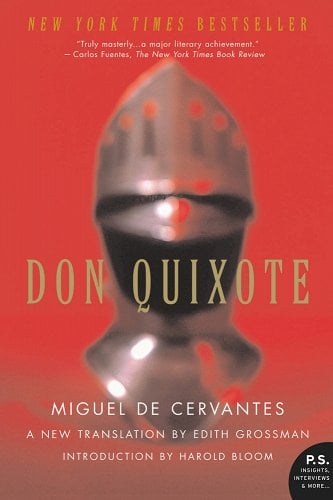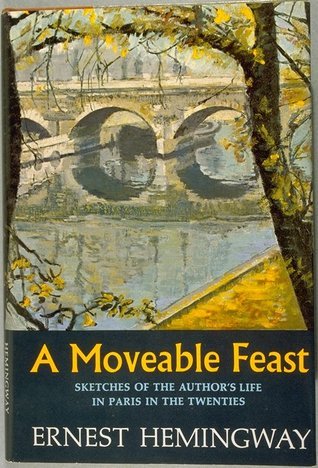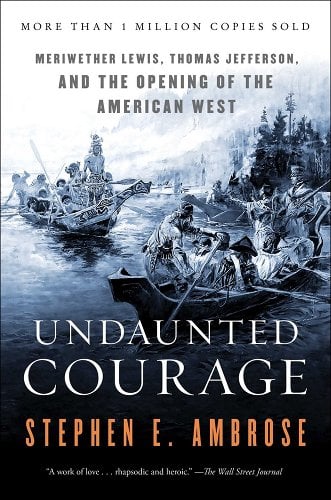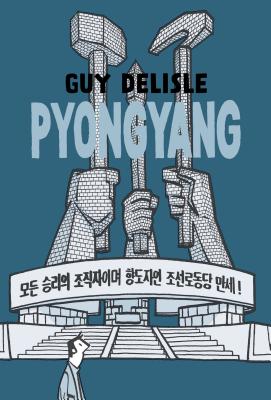The second half of Don Quixote of La Mancha (written in 1615, a full decade after the first half) is much better than the first half (thoughts here). As the novel progresses, Cervantes’ writing improves, the plots improve, and the character’s personalities become far more distinct. I was drawn into the story in a way





